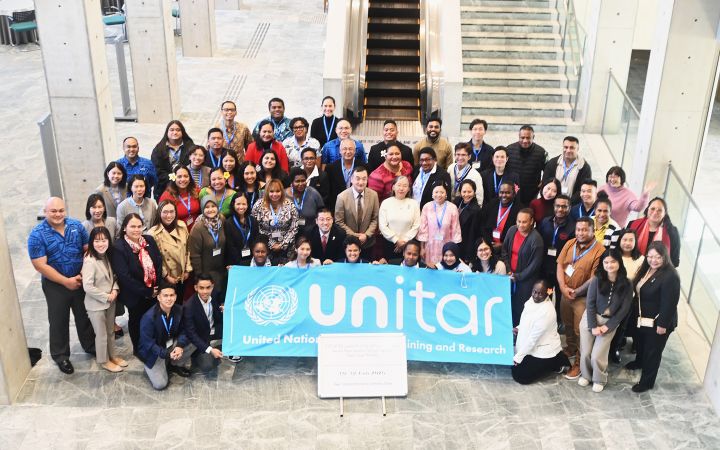
Credit Karolina Grabowska via Pexels
The first clinical consensus statement for managing multiple sclerosis (MS) in Australia and New Zealand has been released, and will help health professionals navigate a treatment landscape that has changed vastly in recent years due to numerous new therapies.
Published in the Medical Journal of Australia, the Monash University-led recommendations address the unique challenges faced by some 39,000 people living with this chronic neurological condition.
MS onset, progression and symptoms can vary widely between individuals, requiring an individualised treatment approach and input from a range of health professionals. While there is no cure, disease-modifying therapies – which go beyond addressing the symptoms – can reduce relapses and disability.
Senior author Associate Professor Mastura Monif, a neurologist and researcher from the Monash University School of Translational Medicine and head of Alfred Health’s Neuroimmunology Service, said although Australia’s Therapeutic Goods Administration (TGA) adopted an international MS guideline in 2009 (which was last updated in 2015), specific and recent consensus recommendations were needed to guide best practice on locally available therapies and local practices.
More than 30 collaborators were involved via MS working group of the Australian and New Zealand Association of Neurologists to develop the consensus guideline. These included MS specialist neurologists, people living with MS, nurses, a physiotherapist, a psychologist, an infectious diseases physician, an immunologist, general practitioner and MS support groups, MS Plus and MS Australia
“New disease-modifying therapies are more effective and better tolerated,” Associate Professor Monif said. “But it’s a much more complex treatment landscape than it was 20 years ago, and there is new evidence being generated all the time on many aspects of the disease. It is really important that the approach used is focused on both the effectiveness and safety for the individual so they can get the best possible outcome.”
The CEO of MS Australia, Mr Rohan Greenland, said, “The new guidelines will be an invaluable resource, especially for generalist clinicians navigating this rapidly evolving field. They provide a clear and ready reference to best-practice evidence and expert consensus – an important milestone in MS care in Australia.”
The statement, available in two parts, encompass pre-assessment, all aspects of disease-modifying therapy, monitoring, counselling, and switching and discontinuing treatments. Also covered are general lifestyle measures, acute MS relapses, and treatment risk mitigation strategies, individual symptom treatments and managing DMT in situations such as pregnancy, postpartum, breastfeeding and infections.
Co-author Associate Professor Douglas Johnson, Head of General Medicine and Infectious Disease Physician at the Royal Melbourne Hospital (RMH), said some disease-modifying therapies that act to suppress immune responses can leave patients vulnerable to infections.
“Patients and their specialists should be aware of the potential infectious complications related to MS disease modifying therapy and the appropriate treatment or referral pathways,”Associate Professor Johnson said.
First author Dr Jessica Shipley, an MS and Neuroimmunology fellow at Alfred Health, said the recommendations were for everyone involved in managing MS, regardless of healthcare setting or location.
“These recommendations will be a valuable resource for everyone from GPs, to neurologists, doctors in training, medical students, allied health professionals, nursing staff, and consumers or patients,” Dr Shipley said.
The recommendations can be found here:
A plain language summary of the statement is available here








